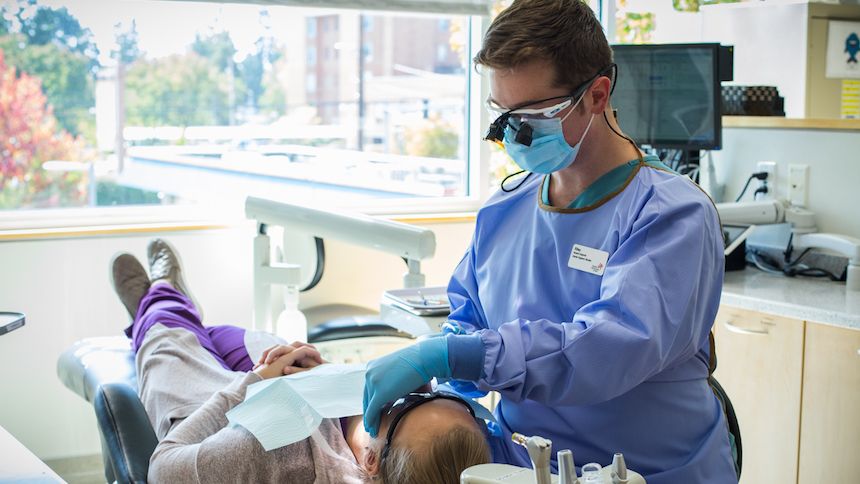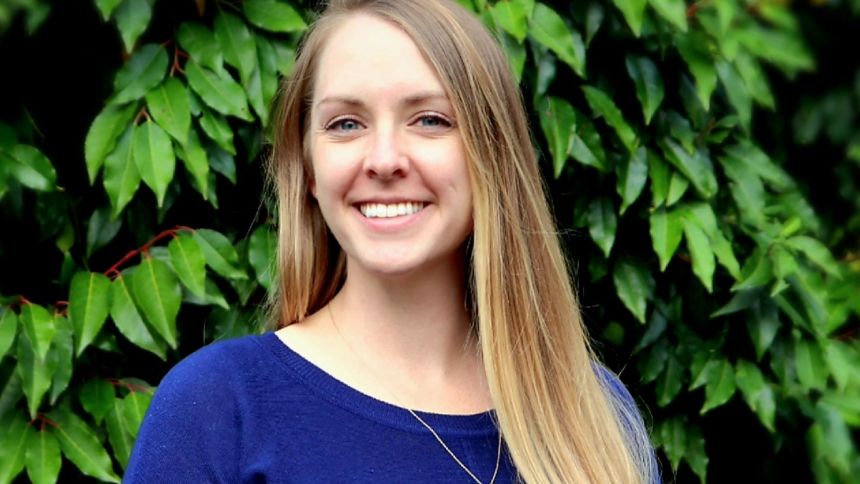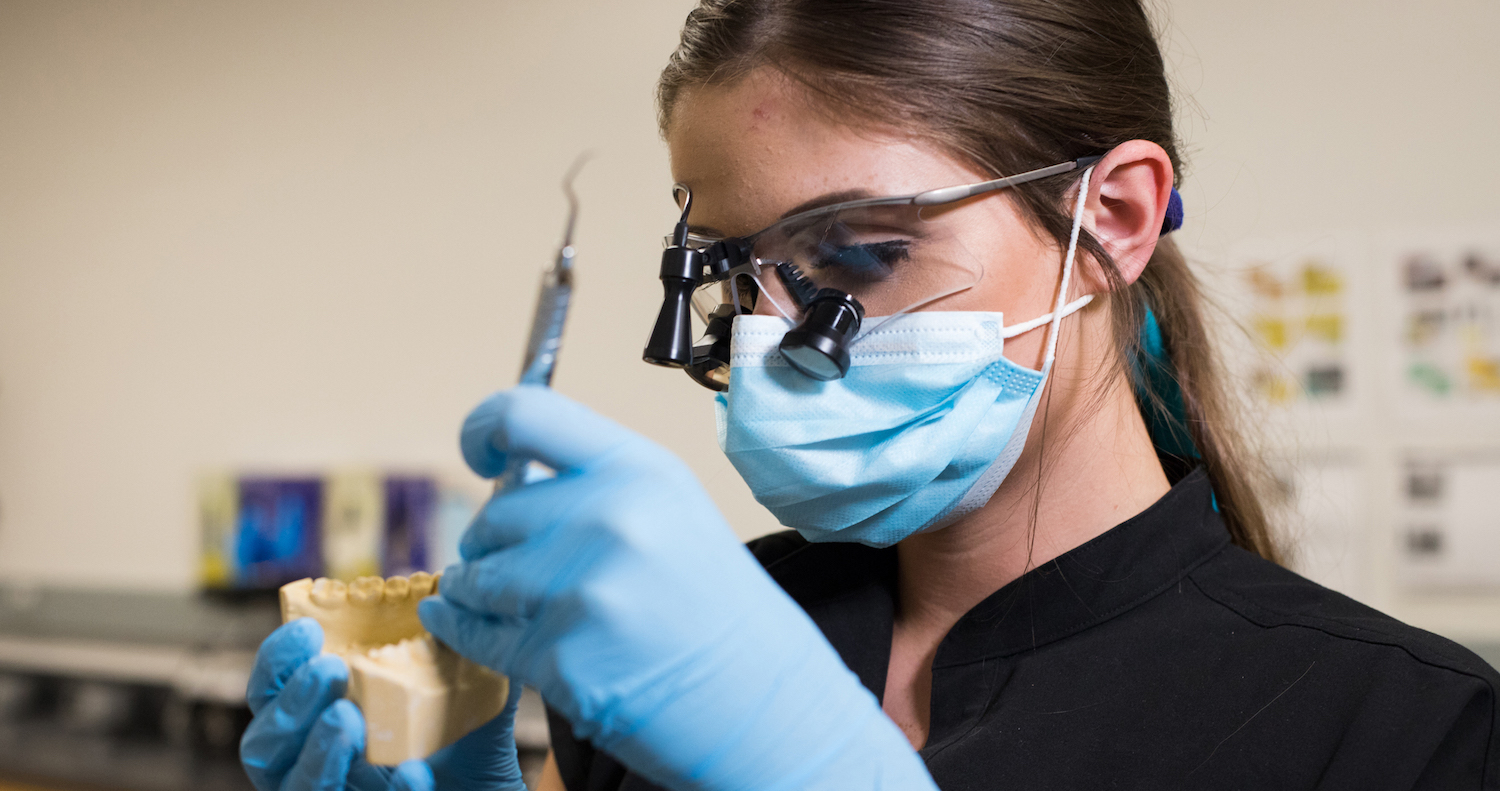
Lisa Rowley is intent on helping students like herself.
The founder of Pacific University’s School of Dental Hygiene Studies (DHS), Rowley stepped down as school director in Fall 2018 following health issues, but she continues to work full time and remains dedicated to supporting future generations of students.
“I come from a very low-income family,” Rowley said. “I went to community college because I could never have afforded to come to a school like Pacific. I never could have afforded to attend a private university, and I don’t want that to stand in the way of other people.”
Her entire tenure at Pacific has focused on creating a program that focuses on patient-centered care, empowers students to prepare for independent careers, and advances the profession of dental hygiene.
Before coming to Pacific, Rowley already had a full career practicing and teaching dental hygiene and had even directed a dental hygiene program at a community college in Pennsylvania. She had taken early retirement and moved to Oregon, where Pacific lured her out of retirement to develop a new dental hygiene program.
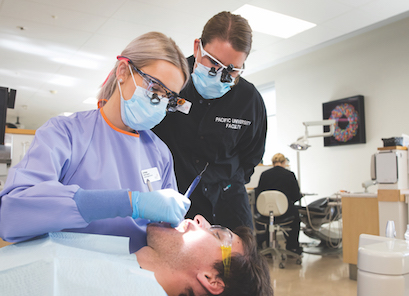
In 2004, Pacific hoped to create a dental hygiene program within the College of Health Professions where students would be taught to practice independently, much like a nurse practitioner or physician assistant. The university’s vision for the program was “an unusual thing in dental hygiene,” Rowley said.
As soon as I heard that, I was all in,” she said, “because it was something really special and not something I had ever done before.”
Oregon offers an expanded practice permit that allows dental hygienists to practice without the supervision of a dentist, to provide care for underserved patients with limited access to oral healthcare.
With input from practicing hygienists, Rowley designed the program to graduate students who would immediately qualify for this permit. Students in the program take specific coursework to prepare them to practice independently. By the time they graduate, students also have 500 clinical hours providing are to underserved patients, so they can start practicing independently right away.
"A large number of our students go out and they don’t work in private dental offices,” Rowley said. “They’ll work in different healthcare systems. And some have gone out and started their own businesses; we have a couple that have vans that go around and provide dental hygiene care. So right out of the gate, they’re going out and doing things like that, because they’re really prepared for it.”
But that preparation can come with a large price tag — one that can be a challenge for the students most interested in the approach.
"I don't want money to ever be an obstacle to somebody reaching their dream."
—Lisa Rowley
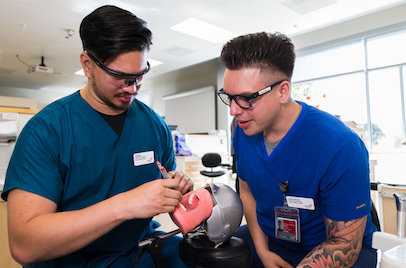
"We’re really looking for students who are committed to public health and providing care for underserved populations,” Rowley said. “And students who are typically interested in that come from underserved populations, which means that they might not be able to afford to go to school here.”
As director, Rowley was instrumental in creating and fundraising for the School of Dental Hygiene Studies Alumni & Friends Scholarship. Last year, she made a major commitment to the fund herself, naming Pacific as the beneficiary of her retirement account.
"I’m not married, I don’t have children, I have no one else to leave the money to, so I’d like to do something a little more significant,“ Rowley said.
“I don’t want money to ever be an obstacle to somebody reaching their dream.”
